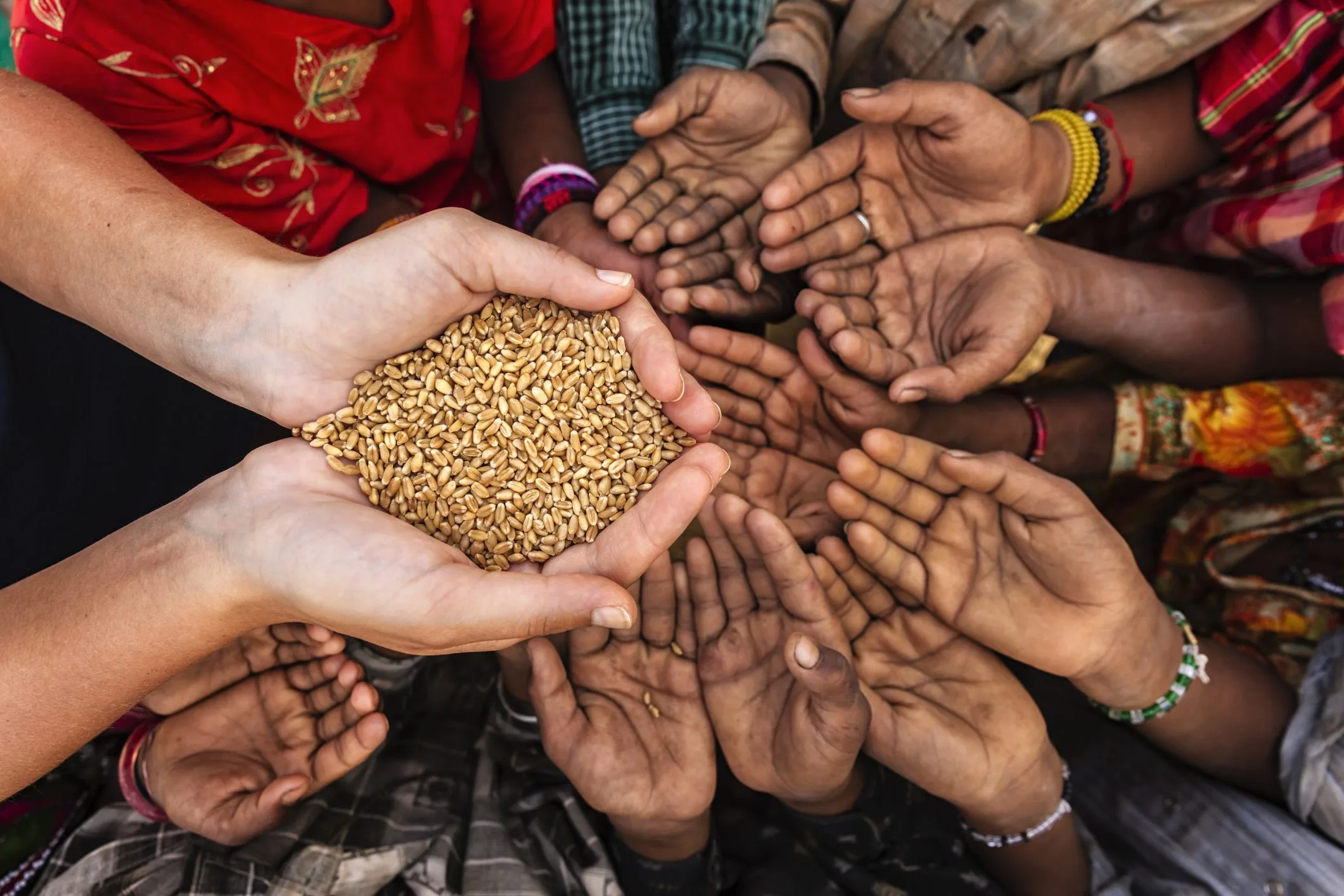Brussels – Instead of moving closer to the “zero hunger 2030” goal set by the United Nations Food and Agriculture Organization (FAO), our planet, plagued by conflict, pollution, climate change, and water crises, is increasingly hungry. In 2023, 733 million people suffered from hunger, the equivalent of one in every eleven people, while today’s levels of malnutrition are back to those of 2008, with about 152 million more undernourished individuals than in 2019. It is against such a tragic backdrop that the European Commission has announced today (March 27), at the FAO “Nutrition for Growth” (N4G) summit in Paris, to allocate €3.4 billion by 2027 to combat global malnutrition.
The effort will take the form of investments aimed at supporting partner countries affected by high levels of child malnutrition, especially in Sub-Saharan Africa, bringing support to children under five years of age and young pregnant and lactating mothers affected by malnutrition. The intervention’s focus will be on the most vulnerable populations, per the specific needs of individual target states. At the global and regional levels, the EU will also continue to promote initiatives for food development and international research collaboration, framing efforts within the Global Gateway strategy, which invests in infrastructure, access to public services, and support for local agri-food chains.
This is not the first time: as early as 2021, at the last N4G summit in Tokyo, the EU said it would allocate €2.5 billion to the cause, exceeding that target for the period 2021-2023 by as much as €1.9 billion (4.4 billion in total). However, this year’s decision takes on particular significance in light of the withdrawal of American development aid in much of the world. Indeed, the administration of President Donald Trump has imposed unprecedented cuts on Usaid, cancelling 83 per cent of the programs of an organization responsible for 47 per cent of global humanitarian aid, according to the OECD. This means the discontinuation of funds, for example, for food security in Venezuela, for the “Prosper Africa” food and trade program (worth more than $520 million), but especially for the world’s largest humanitarian organisation, the World Food Program, which was forced to close its southern Africa office this Monday (March 24).
“Today’s commitment is a renewed testament to our unwavering commitment to ensuring better nutrition for mothers and children, stronger food systems, and health and social protections where needed most. The European Union will continue to lead by example, leaving no one behind,” said Hadja Lahbib, Commissioner for Crisis Management. It remains to be seen if Europe really has the ability and willingness to act where the United States is backing down.
English version by the Translation Service of Withub







